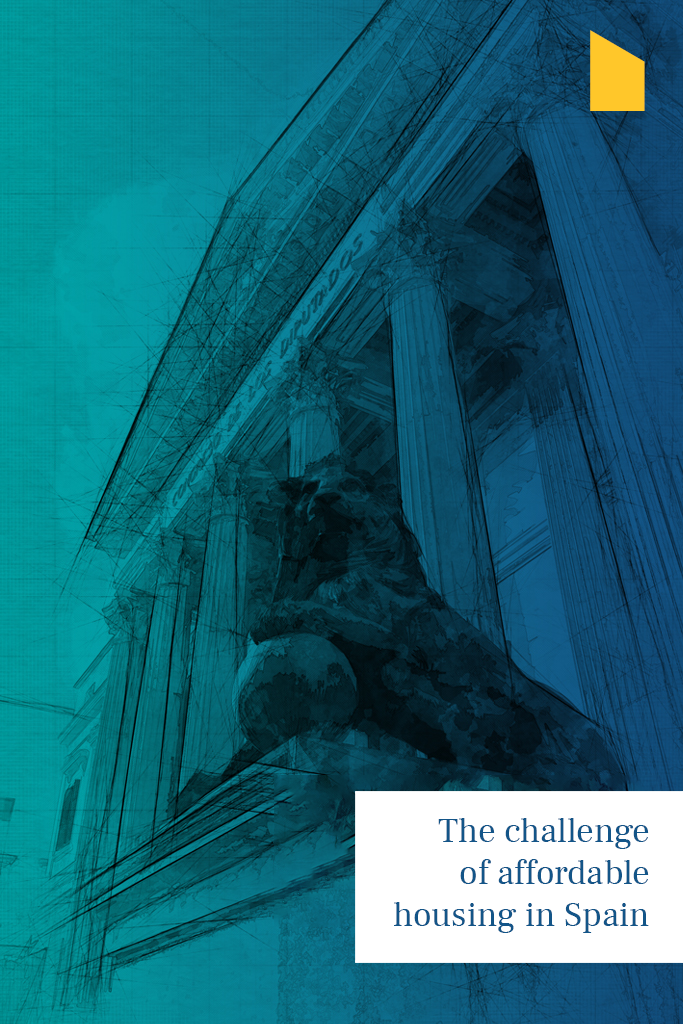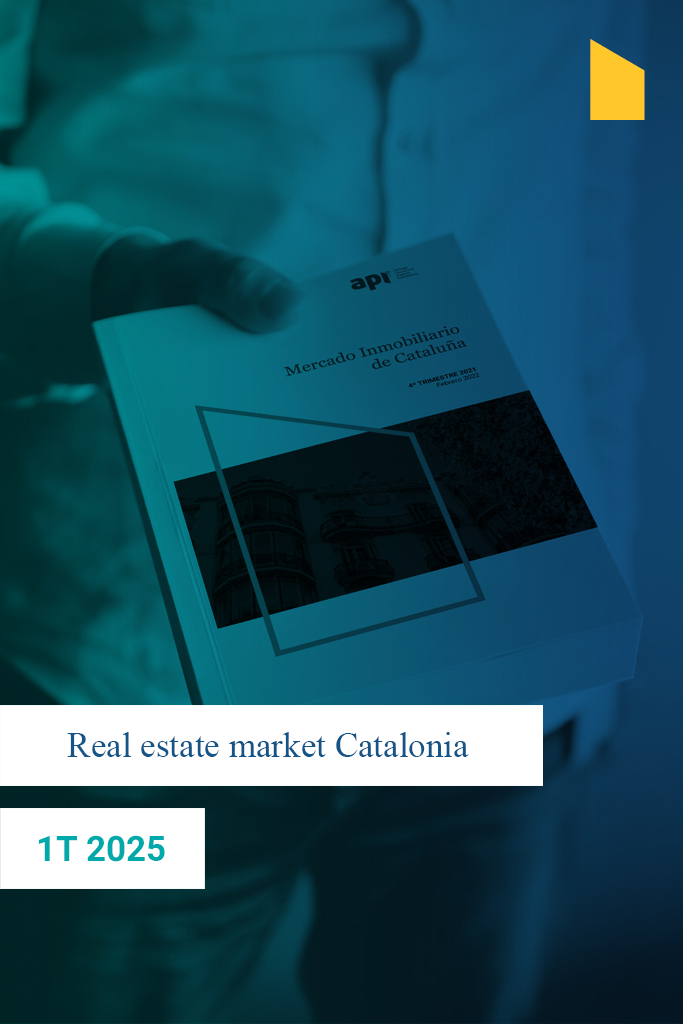Access to housing in Spain is one of the greatest social and economic challenges of our time. According to the appearance of Carles Sala i Roca, spokesperson for API Catalunya, before the Housing and Urban Agenda Commission of the Congress of Deputies, the current situation presents structural problems that require urgent and sustainable solutions.
Among the most relevant data, it stands out that Spain leads in population growth within the European Union, with a projected increase of 3.7 million households by 2039. However, this growth contrasts with an estimated deficit of 500,000 homes between 2022 and 2025, which generates significant pressure on prices, especially in metropolitan and coastal areas.
The rental market also faces significant challenges. Spain is the leader in financial strain to access housing, particularly among young people and people with fewer resources. In addition, the current model, dominated by private owners, makes stability and accessibility difficult. The lack of promotion of protected housing further aggravates this situation, with 10 autonomous communities not having classified a single dwelling for social rent in recent years.
The report highlights the need to revive public funding programmes to promote social housing and to establish permanent mechanisms for public-private collaboration. It also calls for reforming the legislative framework to improve licensing and address inequalities in access to renting and buying housing.
In short, guaranteeing the right to adequate housing requires a coordinated and sustained strategy over time. Affordable housing must be a political priority to build a more inclusive and equitable future.








